What if Netanyahu actually succeeds in sinking the Iran nuclear deal?
Israel's prime minister is pushing U.S.-Israel ties into unchartered territory to kill a deal he doesn't like. And then...?

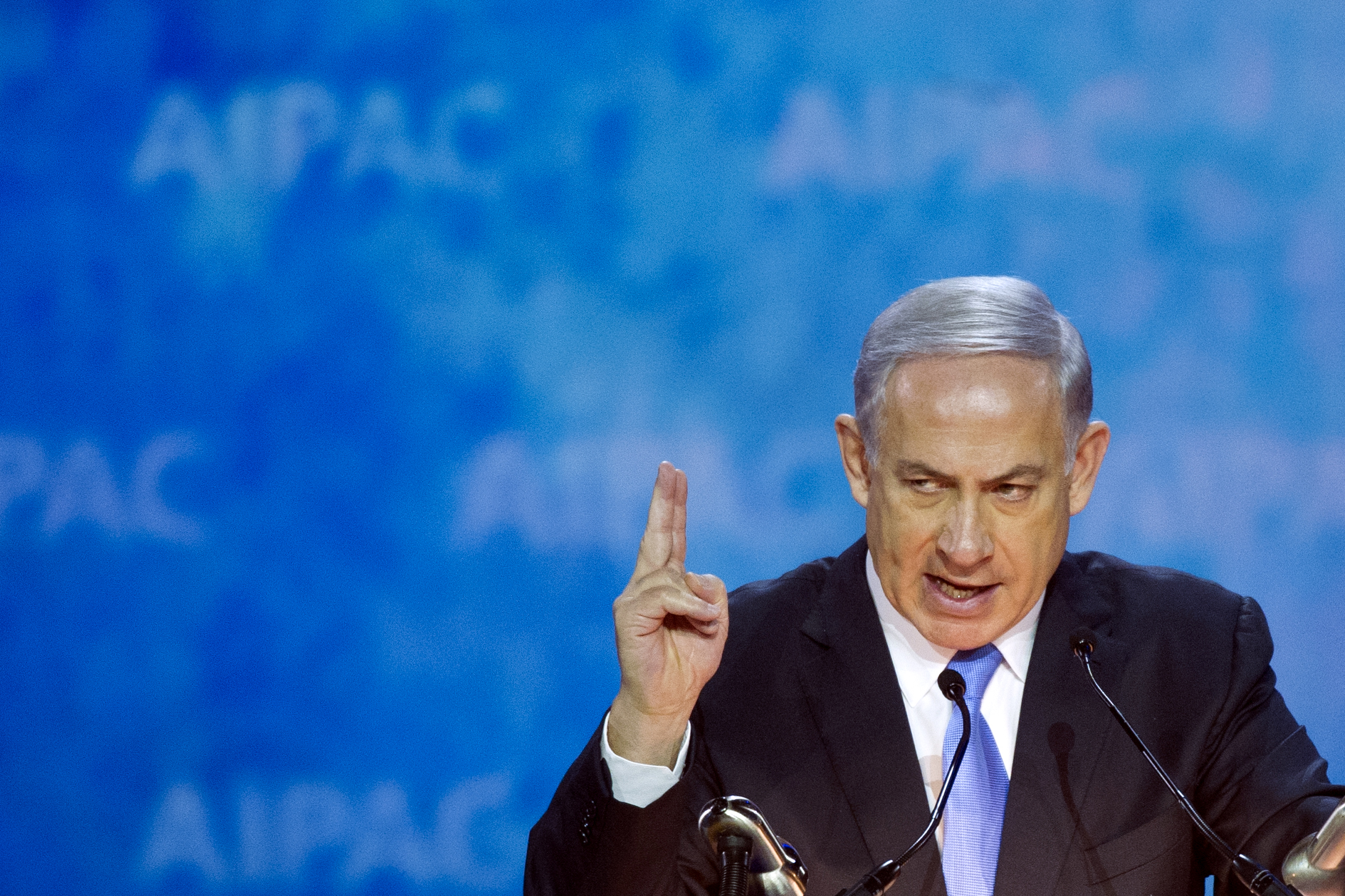
A free daily email with the biggest news stories of the day – and the best features from TheWeek.com
You are now subscribed
Your newsletter sign-up was successful
Israeli Prime Minister Benjamin Netanyahu apparently believes a prospective deal with Iran over its nuclear program is so egregious that destroying it is worth swinging a wrecking ball at U.S.-Israeli relations. That view isn't very popular with Jewish Democrats or Israeli hawks, but he is Israel's prime minister and his critics aren't.
So, Netanyahu arrived in Washington late Sunday, and will give an address to the influential American Israel Public Affairs Committee (AIPAC) on Monday and, more consequently, a joint session of Congress on Tuesday. His goal, according to his own account and the White House's, is to kill the nuclear deal President Obama's administration and four other nations are negotiating with Iran. (In Israel, the speech is widely seen as driven by electoral politics, ahead of the country's tight March 17 election).
What if he succeeds?
The Week
Escape your echo chamber. Get the facts behind the news, plus analysis from multiple perspectives.

Sign up for The Week's Free Newsletters
From our morning news briefing to a weekly Good News Newsletter, get the best of The Week delivered directly to your inbox.
From our morning news briefing to a weekly Good News Newsletter, get the best of The Week delivered directly to your inbox.
There are a few things to watch if Netanyahu's speech to Congress is seen as significantly responsible for the collapse of the Iran talks. The first is what happens to America's traditionally robust support for and defense of Israel. Netanyahu may or may not be prime minister in a few weeks — his Likud Party is neck-and-neck with the Zionist Camp party — but Obama will be president for two more years.
Susan Rice, Obama's national security adviser, vetoed several fairly anodyne resolutions criticizing Israel when she was America's ambassador to the United Nations, Jonathan Alter notes at The Daily Beast. Now she's warning that Netanyahu is being "destructive" to the U.S.-Israel relationship. "Soon enough, the U.S might decline to exercise its veto and chart a new, more balanced foreign policy in the Mideast, as it has recently in Cuba," Alter speculates. "With Obama safely re-elected and less concerned about the reaction, there's little that AIPAC or [billionaire U.S. Netanyahu-backer Sheldon] Adelson or Netanyahu could do about it."
Plenty of Israeli commentators and former military and intelligence officials are voicing grave concern that Netanyahu is turning Israel into a partisan issue, spoiling a long tradition of bipartisan support. "The most important strategic asset for Israel is the special relationship with the United States — Full Stop," former Israeli peace negotiator Gilead Sher tells Alter. "Intentionally ruining our relationship with our best ally in the world and most significant ally on this issue [Iran] is so counterproductive."
That's mostly political. What about the practical aspect?
A free daily email with the biggest news stories of the day – and the best features from TheWeek.com
Crucial details about the pending Iran agreement have yet to be ironed out or publicized. But "the deal that seems to be taking shape right now does not fill me — or many others who support a diplomatic solution to this crisis — with confidence,"says Jeffrey Goldberg at The Atlantic. Still, he adds, what's the alternative? "Netanyahu has no actual ideas — other than strategies that lead to endless sanctions of diminishing effectiveness and bombing runs of similarly dubious long-term effectiveness."
Martin Indyk, a former U.S. ambassador to Israel and Obama's onetime Israel-Palestinian negotiator, tackled a scenario where Obama reaches a nuclear agreement with Iran and Netanyahu "succeeds in killing the deal," telling Goldberg:
How will the president relate to the destruction of one of his signature policy initiatives? And if the sanctions then collapse, as seems likely, and Iran continues moving towards a nuclear weapon, how does the prime minister propose to stop Iran? He will certainly manage in the process to create the impression that he wants the United States to go to war with Iran. I don't think the American people, in their war-weary state, will appreciate that. [The Atlantic]
In a rosier scenario for Netanyahu, Obama is thwarted and... something happens. Maybe a new anti-Iran coalition forms in the Middle East, where deep-pocketed Sunni Arab states put aside their (at least rhetorical) concern for the Palestinians to focus on a mutual enemy with Israel. Or perhaps some cyber-espionage tool will succeed in crippling Iran's nuclear program. It could turn out that Iran is not actually interested in developing nuclear weapons, as it insists.
All those scenarios are possible — and unlikely. Netanyahu seems to have already hurt his chances to influence the current deal being negotiated in Switzerland. If he has a brilliant alternative plan, maybe he will share it with Congress and the world on Tuesday. If not, the large number of people who want to maintain the status quo — Israel the only nuclear-armed country in the Middle East — should wonder if they want Israel's prime minister to succeed in Washington.
Peter has worked as a news and culture writer and editor at The Week since the site's launch in 2008. He covers politics, world affairs, religion and cultural currents. His journalism career began as a copy editor at a financial newswire and has included editorial positions at The New York Times Magazine, Facts on File, and Oregon State University.
-
 How to Get to Heaven from Belfast: a ‘highly entertaining ride’
How to Get to Heaven from Belfast: a ‘highly entertaining ride’The Week Recommends Mystery-comedy from the creator of Derry Girls should be ‘your new binge-watch’
-
 The 8 best TV shows of the 1960s
The 8 best TV shows of the 1960sThe standout shows of this decade take viewers from outer space to the Wild West
-
 Microdramas are booming
Microdramas are boomingUnder the radar Scroll to watch a whole movie
-
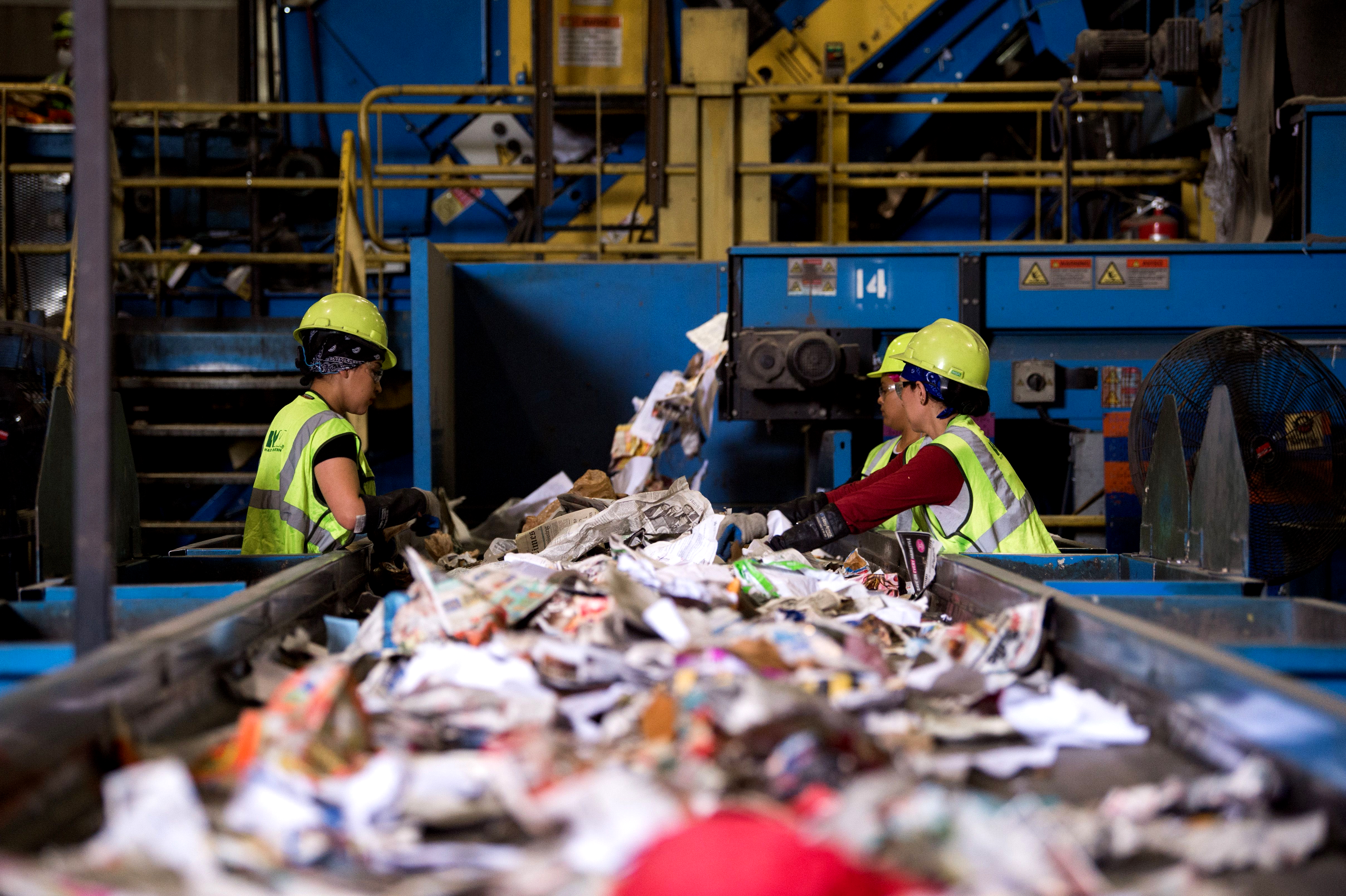 The recycling crisis
The recycling crisisThe Explainer Much of the stuff Americans think they are "recycling" now ends up in landfills and incinerators. Why?
-
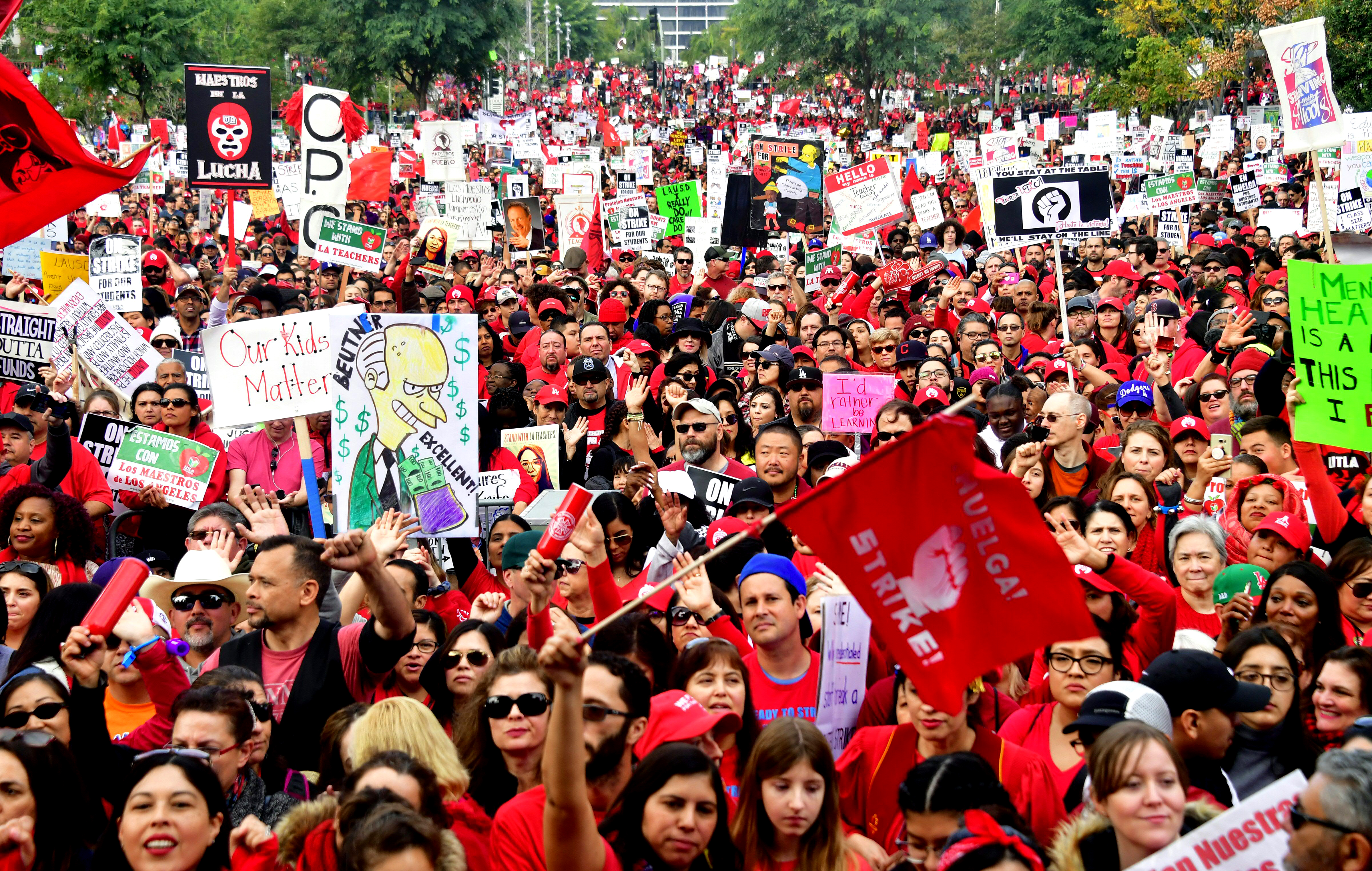 The L.A. teachers strike, explained
The L.A. teachers strike, explainedThe Explainer Everything you need to know about the education crisis roiling the Los Angeles Unified School District
-
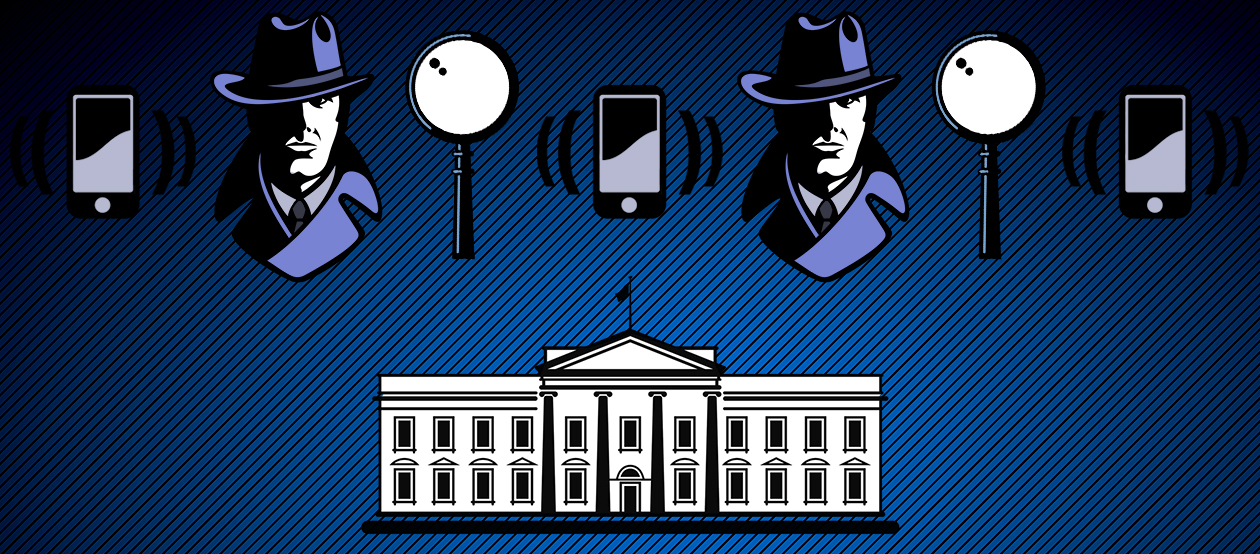 The NSA knew about cellphone surveillance around the White House 6 years ago
The NSA knew about cellphone surveillance around the White House 6 years agoThe Explainer Here's what they did about it
-
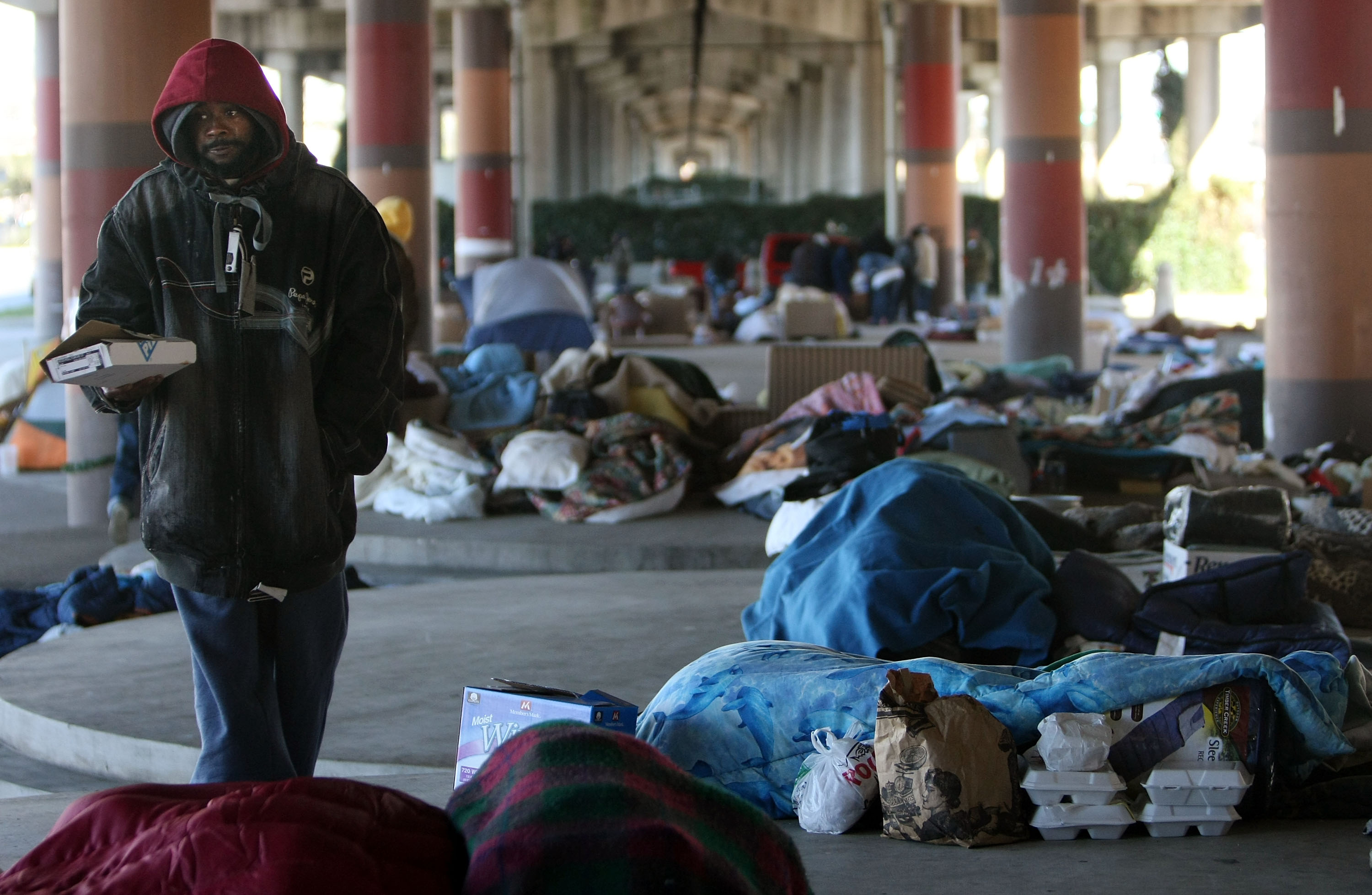 America's homelessness crisis
America's homelessness crisisThe Explainer The number of homeless people in the U.S. is rising for the first time in years. What’s behind the increase?
-
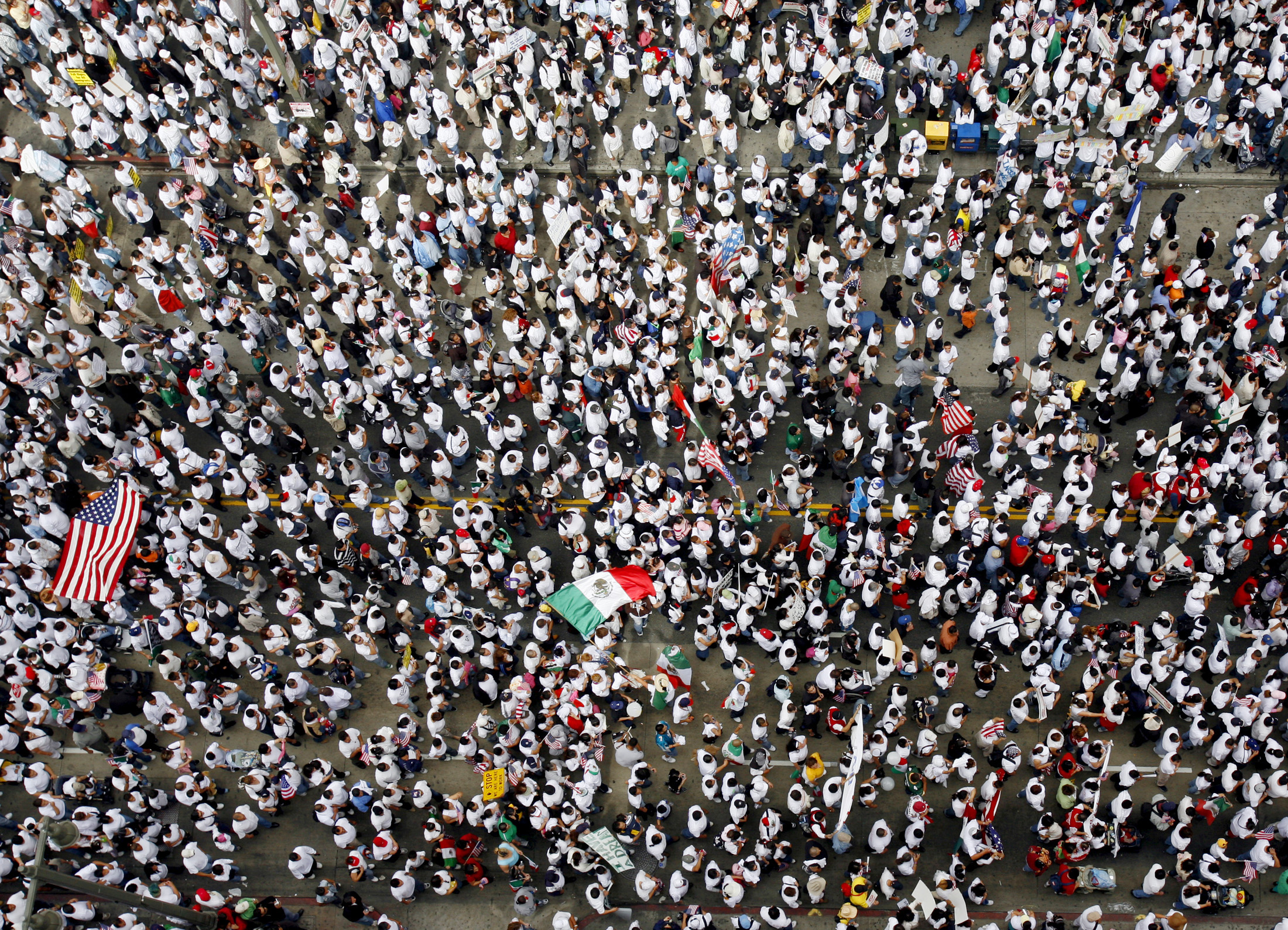 The truth about America's illegal immigrants
The truth about America's illegal immigrantsThe Explainer America's illegal immigration controversy, explained
-
 Chicago in crisis
Chicago in crisisThe Explainer The "City of the Big Shoulders" is buckling under the weight of major racial, political, and economic burdens. Here's everything you need to know.
-
 The bad news about ISIS's defeat in Ramadi
The bad news about ISIS's defeat in RamadiThe Explainer The contours of a broader sectarian war are coming into focus
-
 America can still destroy the world
America can still destroy the worldThe Explainer The decline of U.S. military power has been greatly exaggerated
